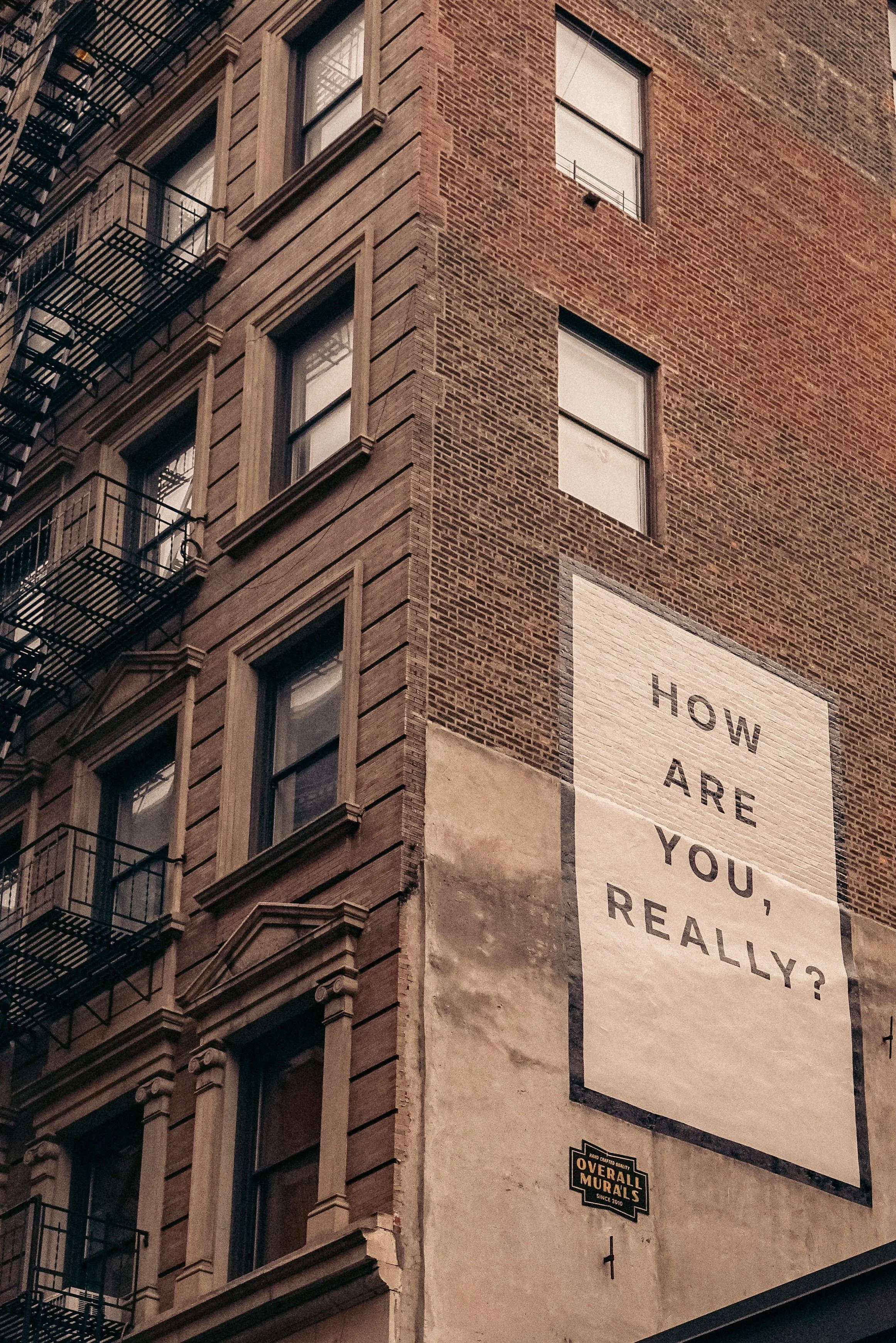Writing and Depression
Having explored the emotional realities of creating characters, it’s time, I think, to speak of the potential cost to the writer. When I go poking around shadowed places, I am likely to wake a feeling or memory I wasn’t expecting. Sometimes, that information surfaces surrounded by a shock wave. I, like many, many writers before me, have found myself knocked flat by the impact of that wave.
I don’t write this from anywhere close to mental health training, outside what I’ve learned in managing my own. Having a bipolar brain, I am given to sudden onsets of depression. Ever vigilant for and wary of oncoming signs—I still misjudge the illness as “just a spate of bad days.” The “we all fall down” foretells a massive weight that will drop from the sky to crush me, when without fail, depression seeps up through the bedrock of my life like a tar pit. Watching the sky, so as not to be surprised, I’m forever surprised when suddenly stuck, up to my knees in a gunky, smelly trap. By then I can’t move, can’t see the end of it, can’t create any sense of future. Without fail, I abandon my writing when I need it most.
I have to stay stuck for awhile, longer than one would think necessary, before it dawns on me to inventory what may have set off this bout. To be honest, a good number of episodes are brought on by something I’ve written without considering the full implications of its meaning to me. I forget: at root, every writer’s material is first and foremost sourced from that writer’s life. I’ll hit a tender nerve in myself and not even feel it until the ramifications are well established.
As a writer, I’d say that I need a therapist on my team as much as I need an editor.
Because this is sure thing with me, I line up help before I need it. I tell the people I love and trust that I’m finding my writing to be uncomfortable and stirring up difficult emotions. I tell those people to inform me if they notice my withdrawing or increasing sleeplessness or working harder—at anything—when I’ve already done enough.
That’s the most they can do. These people may love me but its not their job to rescue me. That’s my responsibility. What I need is to talk to an impartial third party who is unconditionally, positively invested in me and my mental health. Enter my therapist.
The work here is not to rake my entire life over the coals, but to help me solve the mystery of what triggered the current emotional disruption. What is the lesson in this tar pit? Like physical therapy, psychotherapy is not always easy or fun. I have, however, learned a lot. More important: I’m not alone. I have an ally who is trained in the ways of this illness.
As a writer, I’d say that I need a therapist on my team as much as I need an editor. She sees what I can’t. Therapists enjoy writer-me (I hope), my need to convert my life into words, all my cryptic little essays and journal entries provide insights for us both. Me? I get to feel better—plus I get new material.
Emotional work in art always comes with the potential risk of aftermath. Learning to recognize and guide myself through those moments, days, weeks of gaining new understandings is as essential as any other writing tool. Admitting to depression isn’t failing. Admitting to it is a different level of self-editing and revision that I can only do once I accept what I’m resisting.
Should any one find themselves in a similar place, reach out for help without hesitation. Now. Please. This is serious stuff. Losing my sister recently to a depression she fought her entire life, knocked every support out from under me while the tar pit climbed higher. Now, that I’ve recognized this for what it is, I am pulling those supports back into place. My fiction writing is on the back-burner for now. My focus is working on eating well, exercising, trying to sleep, maintaining friendships, and talking with my therapist. A person doesn’t snap out of depression. They heal.
All will change for the better. Eventually. I can’t get there alone, but fortunately I don’t have to.
Writing Exercise
Write about what you might do if you find yourself up against a difficult patch of writing. Some suggestions to consider: get in touch with friends who also write and talk it out; on pages far removed from your project, try writing tiny bits of the “scary” part (in bullet points if you want), and follow each bit with words on how you feel for having written that much; take one deep breath, exhale, and write the first word in the passage. Repeat. Work in baby steps. This is not about creativity. This is about finding courage to confront the shadow side in our writing. No one ever has to see a word of it, except you, the writer, who has survived the process of bringing themselves to light. That is triumph.

